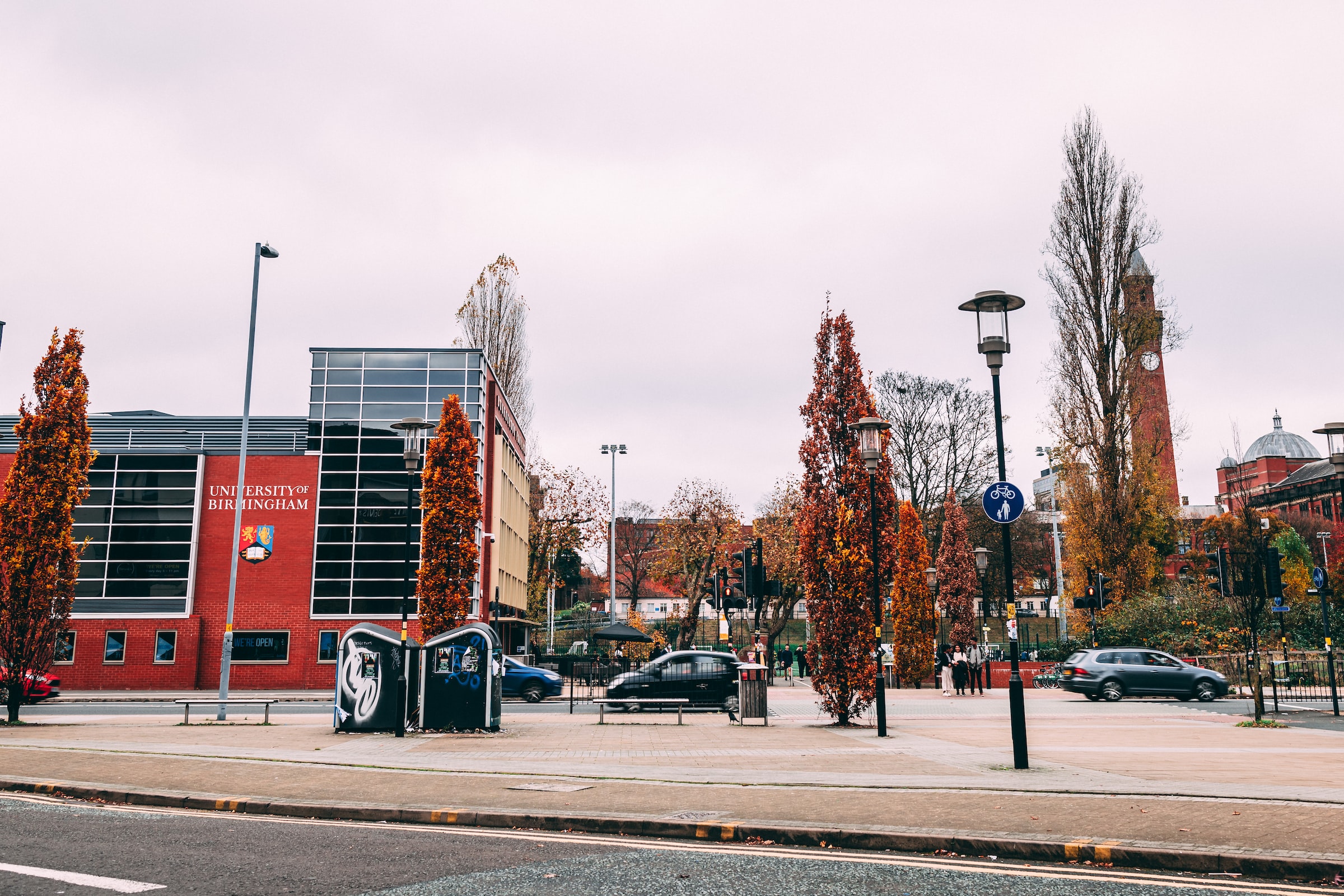
Life&Style Editor Frankie Rhodes shares the experience of a retail worker during the coronavirus outbreak
Working in retail isn’t the easiest of jobs at the best of times, with long hours, short-tempered customers and the harmful social stigma that it’s not a “real job”. But add to this the threat of a global pandemic, and everything gets a whole lot worse.
For those of us who are students, schools and universities closing across the country means that we can go home, try to stay calm, and be with our family. But what if you weren’t allowed to do that? Until very recently, thousands of workers have been expected to go to work every day, and many still are. I spoke to Harriet, who works in a retail store in Essex, about what it was like working during a pandemic.
Working in a busy shopping area in the centre of a lively city, Harriet began to feel nervous about her shifts. ‘I first started noticing customers behaving differently when coronavirus started hitting Italy quite hard’, she explained. In a store where many customers are shopping for holiday outfits, and workers are encouraged to chat to customers, Harriet noticed concerns from a few regulars about travel plans.
“Whilst everyone else seemed to be self-isolating, it was impossible for Harriet to avoid busy areas during her shift
Whilst everyone else seemed to be self-isolating, it was impossible for Harriet to avoid busy areas during her shift and route to work. She had to listen to the country being told to work from home, whilst knowing that this would not be possible in her situation. She explained that ‘this made me feel guilty for still going out, even though it was to work.’
As the days passed, Harriet noted that ‘the atmosphere in work seemed to gradually get worse as the crisis did.’ The odd chat about struggling to find toilet roll escalated to the point where Harriet was noticing many people in town wearing masks. In terms of the way that she was treated by customers, however, this did not suffer a drastic change.
‘This crisis is affecting different people in different ways; it brings out the worst in some people and best in others and this was no different at work.’ Harriet experienced everything from customers showing concern about her family’s health, to others complaining and refusing to see what all the ‘fuss’ was about. In a job so reliant on customer service, workers are forced to engage whilst simulataneously maintaining appropriate social distancing protocols.
“We are still reliant on many workers such as those in grocery stores and hospitals, to get us through this pandemic
Whilst Harriet is relieved that her store has since shut, she now faces months of unemployment. She is approaching her free time in a productive manner, pushing herself to ‘read more, watch new movies and do online courses.’ She argued that its important to maintain a routine and avoid failing into ‘unhealthy habits’ during long periods of isolation.
The majority of shops have now closed as part of the recent lockdown measures, yet we are still reliant on many workers such as those in grocery stores and hospitals, to get us through this pandemic. It is more important now than ever to treat these workers with respect, and spare a thought for those who are not able to seek refuge within the safety of their homes.
Comments